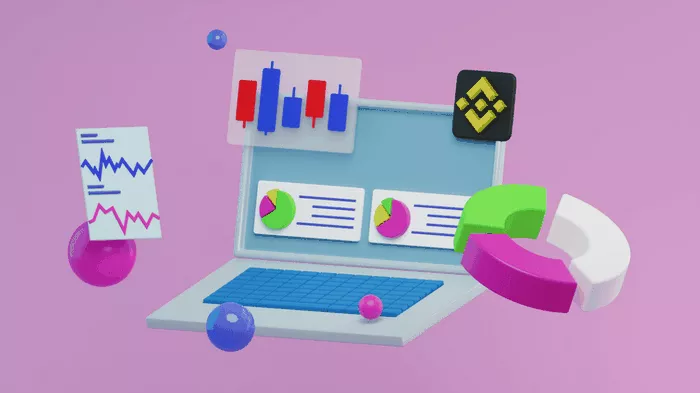Futures trading is a versatile and dynamic financial market where investors can speculate on the future price movements of various assets, including commodities, currencies, and financial instruments. One common trading strategy in the world of futures is shorting, which allows traders to profit from falling prices. Shorting futures contracts involves selling contracts without owning them initially.
Understanding Shorting in Futures Trading
Shorting, or taking a short position, is a strategy that allows traders to profit from a decline in the price of the underlying asset. In the context of futures trading, shorting involves selling futures contracts with the expectation that their value will decrease before the expiration date. Shorting is essentially a bet against the asset’s future price, allowing traders to benefit from falling markets.
The Mechanics of Shorting Futures
To short a futures contract, traders do not need to own the underlying asset, as is the case with traditional securities. Instead, they sell futures contracts they do not own, essentially borrowing them from another market participant or broker. The trader then sells these borrowed contracts on the open market, aiming to buy them back at a lower price before the contract’s expiration. The difference between the selling price and the eventual buying price represents the trader’s profit, minus any associated costs.
Types of Assets for Shorting Futures
Futures contracts are available for a wide range of assets, including commodities (e.g., oil, gold), financial instruments (e.g., stock market indices), and currencies. Traders can short futures contracts on any asset class for which futures markets exist. Shorting allows traders to profit not only from falling stock prices but also from declining commodity prices, weakening currencies, and bearish market sentiments.
Strategies for Shorting Futures
Shorting futures contracts can be a strategic move in various trading scenarios. Here are some common strategies for selling futures without buying:
Speculation on a Bear Market: Traders who anticipate a downturn in the market may employ shorting strategies to profit from falling prices. This approach can be particularly effective during market corrections or economic downturns.
Hedging: Hedging is a risk management strategy where investors use short positions to offset potential losses in their portfolios. For example, a farmer may short corn futures to hedge against a decline in the price of corn, thereby protecting their crop’s value.
Arbitrage Opportunities: Traders can identify price discrepancies between futures contracts and the underlying assets. By shorting the overpriced futures contract and buying the underlying asset, traders can profit from the price convergence.
Pairs Trading: Pairs trading involves simultaneously taking long and short positions on two correlated assets, such as two stocks or two commodities. Traders aim to profit from the relative performance of the two assets.
Risk Management in Shorting Futures
While shorting futures can be a profitable strategy, it comes with unique risks and considerations:
Unlimited Losses: Unlike going long, where losses are capped at the initial investment, shorting exposes traders to unlimited potential losses if the asset’s price continues to rise.
Margin Calls: Brokers may require traders to maintain a certain level of margin to cover potential losses. If the account’s margin falls below the required amount due to adverse price movements, traders may receive margin calls, which can result in forced liquidation of positions.
Timing and Volatility: Shorting futures requires precise timing and a good understanding of market volatility. Unexpected price spikes can lead to significant losses if positions are not managed effectively.
The Role of Brokerage Firms
Brokerage firms play a crucial role in facilitating short positions in futures trading. They provide traders with access to the futures market, offer margin accounts, and facilitate the borrowing of futures contracts for shorting purposes. Traders should choose reputable brokerage firms with robust risk management systems to ensure a smooth shorting experience.
Conclusion
In conclusion, shorting futures contracts without buying them initially is a valuable strategy for traders seeking to profit from falling prices in various asset classes. This approach allows traders to hedge risks, speculate on bearish market conditions, and identify arbitrage opportunities. However, shorting futures comes with its own set of risks and requires careful risk management, precise timing, and a thorough understanding of market dynamics. By mastering the art of shorting, traders can expand their toolkit and navigate the complexities of the futures market with confidence and skill.

